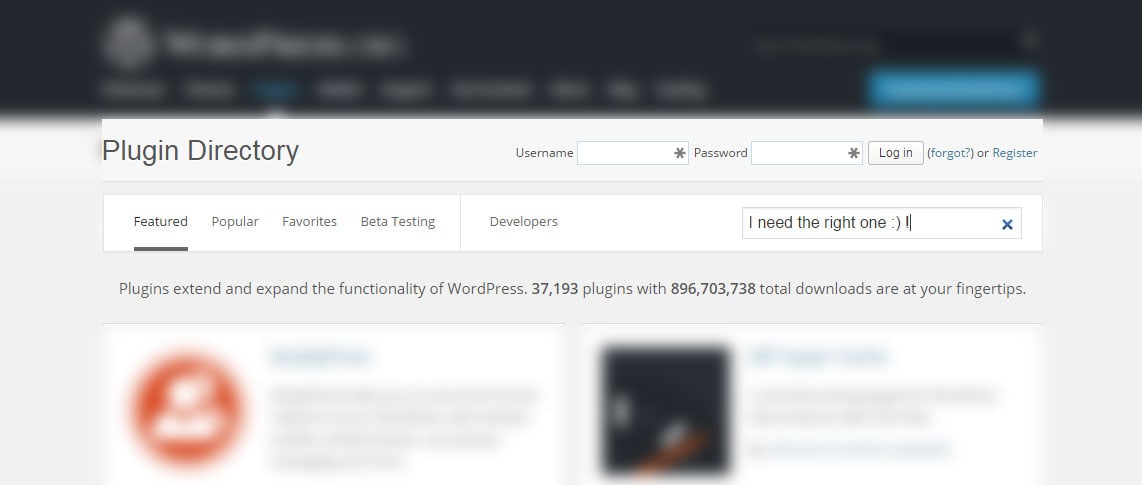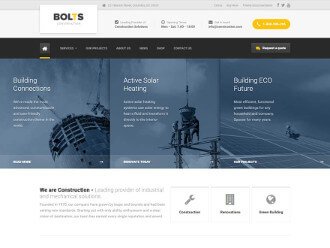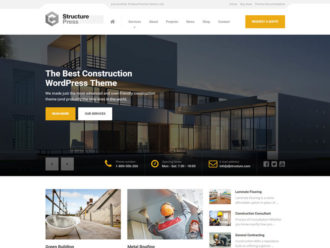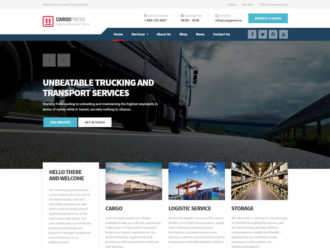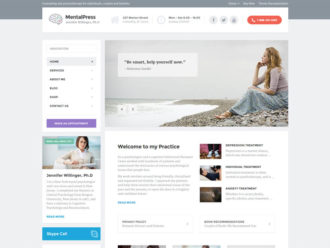One of the main reason why we all love WordPress is because it can be easily customized to suit your needs. Although we develop niche themes and we always conduct market research so that we create themes meeting a specific business need or at least what is commonly used, there is always a big chance you will need something extra or specific. Or maybe you would just like to take your website to the “next level”.
Plugins are extensions that will help you in many situations.
Currently, there are 37,000 (free) plugins and I’m totally sure that just the kind of plugin you are looking for is out there. If it’s not, I bet that someone is developing it at this very moment.
We all agree that plugins can be a blessing; they will save you a lot of time and money and give all the extra functionality you need, BUT they can be a real curse for your website too, especially when you pick “the wrong one” and this can happen quite easily.
So, how do you choose the right plugin? Is there a golden rule to follow?
Personally, I always check when it was last updated, the number of downloads, and how good the support is, even though I always hope I won’t need it, but you never know 🙂
If there is a public forum, I always check how frequently the questions are answered. In most cases, when plugins are regularly updated and frequently downloaded, their support works perfectly.
You are probably asking yourself, why should I pay attention to the number of downloads — quantity usually doesn’t mean quality? And you’re right.
But if a plugin has been downloaded just a few thousand times since 2010, there is a big chance that it has been not updated for ages and well… its functionality probably isn’t that amazing enough for it to go viral among other WP users. I could be wrong, but this is what my experience shows. In any case, check the last update; this is probably the main factor to pay attention to.
The developer’s point of view
If you ask a developer, they will tell you that code needs to be smooth and clean, but I guess there are a lot of happy WordPress users who don’t have the slightest idea or understanding what clean and light code looks like (including me). That’s why it’s very important to pay attention to the factors above.
If you don’t, you have a real chance that instead of getting better functionality for your website, you will get:
- a plugin with bugs
- an outdated plugin (with a vulnerability risk)
- a plugin that will slow down your website
- a plugin that will destroy the responsiveness of your website
- …a plugin that will do a lot of things, except what you want.
Believe me, you don’t want any of those!
Less is more
What’s the point of having any number of free and cheap plugins to “improve” your website, when they do more harm than good?
Please, don’t forget to ask yourself: do I really need all those plugins?
Remember, what we had written at the beginning of this post: plugins are meant to add extra functionality to your website.
You DON’T need a plugin for a GA tracking code or to exclude you from the statistics in Analytics; if you managed to install your theme and other plugins, I’m pretty sure you’ll be able to follow a tutorial on how to insert Google Analytics code.
And that applies to all types of plugins, free and premium. Paying for something unfortunately doesn’t guarantee high quality and on the other side, there are many free plugins out there that are well written, regularly updated and have great support. Grab them!
What about you? Which factors do you consider relevant when buying/downloading a plugin? Have you had any bad experiences? Share your thoughts in the comment section below!
